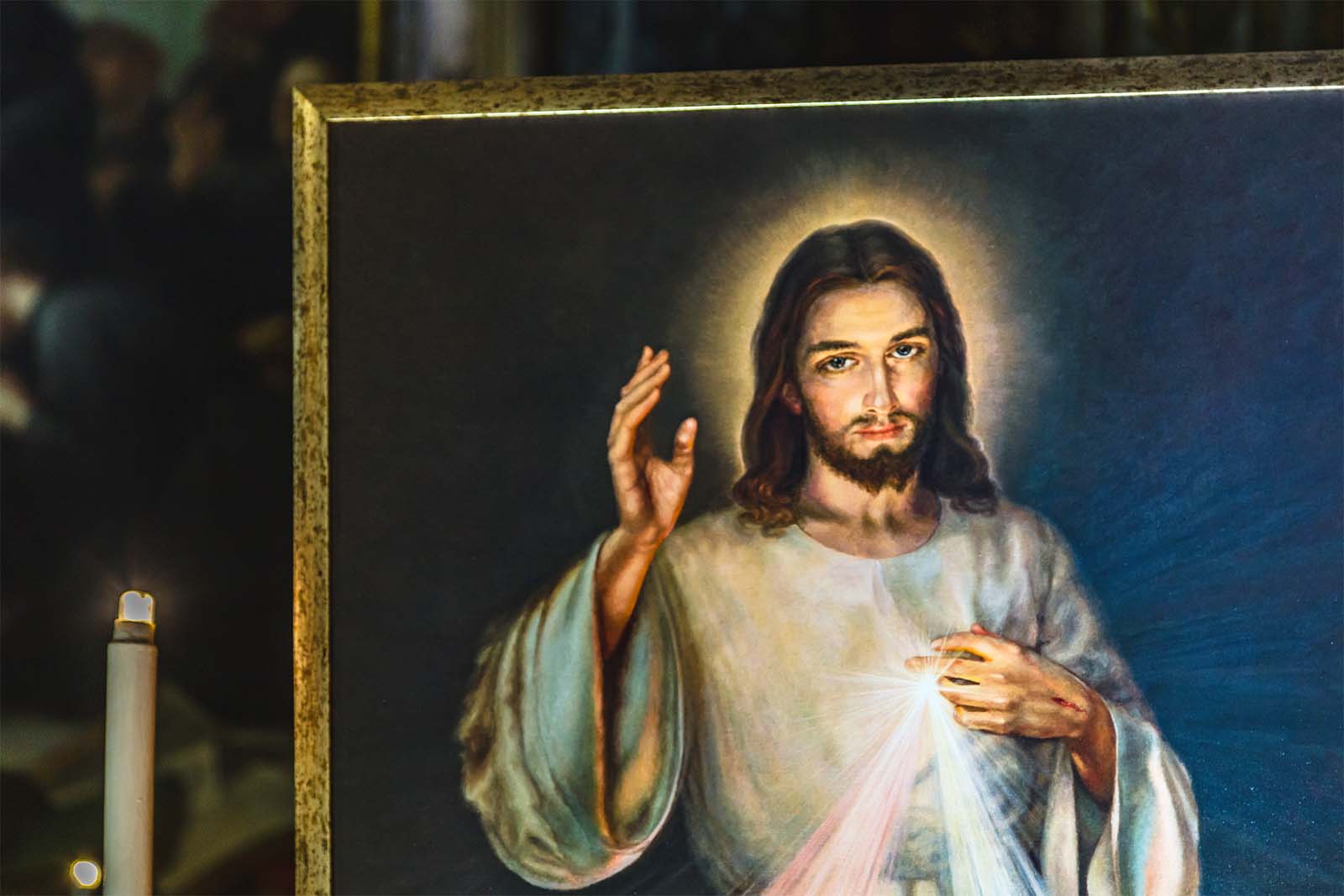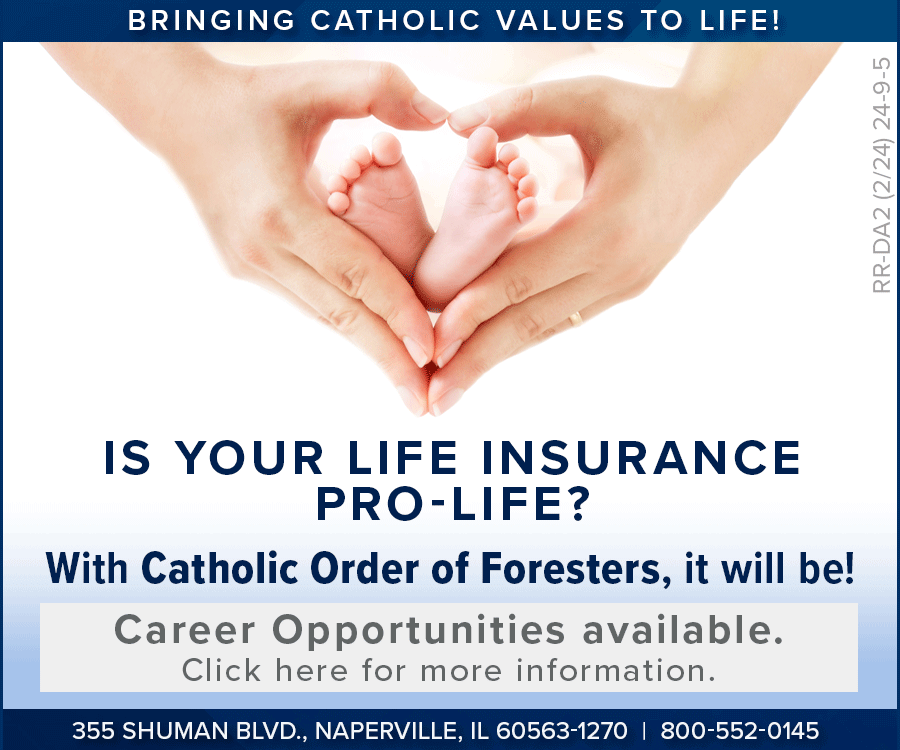Recently on The Patrick Madrid Show, listener Bethany called in to the show for her second time to talk to Patrick about a deeply troubling and traumatic time in her life that has weighed on her for years. When she was seventeen years old, she premaritally conceived a child. Under pressure from her family and the man who got her pregnant, she reluctantly got an abortion.
“I don’t know if I deserve to be forgiven – I mean – it’s a mortal sin. And then I went on and I did it [again] later on in life, too. Because it was [as if] in my head, it was, ‘Okay, this is the thing to do,’” she said. Patrick zeroed in on her statement that she didn’t think she deserved to be forgiven and asked her what she meant exactly.
“I don’t. I don’t. I mean, at my core, I don’t. I feel like what a horrible thing to do, coerced or not,” she said, holding back tears. “I should have had the God-given sense to say no.” Bethany felt that her mistake, even though she was forced to follow through on it by her parents and grandparents, was so grave that she should have had the moral wherewithal to put her foot down and reject the abortion. Her decision has eaten away at her conscience for years and though she sought forgiveness, she doesn’t believe that she deserves it.
Patrick reasoned with Bethany, saying that she was only seventeen years old. “I guess my question is simply: at seventeen, could you really say ‘no’ if your mom and your dad and the guy who got you pregnant were all forcing you into something you didn’t want to do? What I mean is, at seventeen, what option did you have? I’m not trying to exonerate or condone what happened, but you were in a different situation then, and you didn’t have options and you didn’t have even legal-age standing.” He went on to say that because of the legal implications, the pressure, coercion, and fear, he believes Bethany’s culpability was greatly diminished.
Bethany explained that by the time she was seventeen, she had already been taking care of her brother and handicapped mother for years. So, when the doctor told her that her own child was going to be severely mentally and physically handicapped, Bethany’s mother told her that an abortion would save her from another burden. Over the years, she had thought to herself, maybe she saved that child from a bad life, but Patrick gently corrected her way of thinking.
“Remember that every person has a right to live, and nobody has the right to say, ‘Uh you, you over there, you don’t have a right to live. We’re going to take your life.” That’s universal, whether their life might be “difficult” or not.
“So, what’s going to save me? I don’t understand. Why would I be saved? Why would somebody like me be saved?”
“Because God loves you and because he loves you enough that he was willing to die on the cross for you to save you from your sins.”
That is the message for anybody who has fallen into grave sin and feels like they can’t be saved. That is the call to action for tax collectors and adulterers, thieves and murderers, drug dealers and drug abusers, criminals and degenerates, abortionists and heretics. Saints aren’t perfect people. They are sinners who fall and get back up.
When you commit a sin and realize in your heart that you made a mistake and repent, God forgives you. You go directly to God in your mind and tell him that you’re sorry and He knows you’re sorrow for offending Him. But there is another step. “‘See that you tell no one anything, but go, show yourself to the priest and offer for your cleansing what Moses prescribed; that will be proof for them.’” (Mark 1:44) We must acquire absolution, the formal pronouncement of our forgiveness. That is the human provision of knowledge that we are, without a doubt, truly and fully forgiven.
Patrick encouraged Bethany by telling her that God loves us unconditionally and no matter what we have done or how many times we have done it, He is ready and willing to welcome us back into the state of grace. The path to eternal salvation is founded on the sacraments and the first step on that path is the sacrament of baptism. Once we have been born into the Church, our salvation is just a matter of taking advantage of what we have been given.
After such a battle with herself over forgiveness for so many years, Bethany’s eyes were opened to the idea of God’s infinite mercy. Patrick let her know that it doesn’t matter what she did then. It matters what she does now. And with newfound confidence, Bethany resolved to talk to a priest at her local parish about becoming Catholic.
Tune in to The Patrick Madrid Show weekdays 8am – 11am CT


